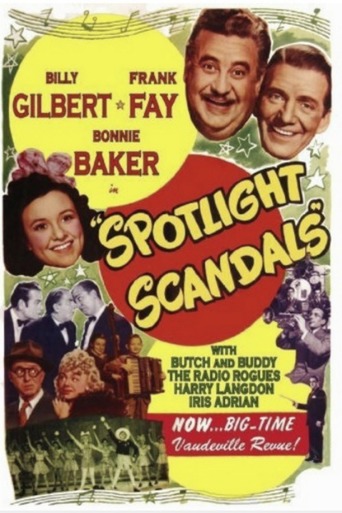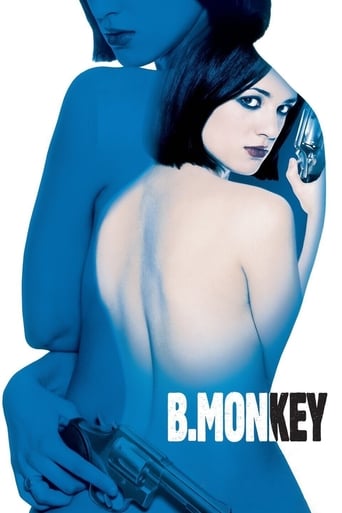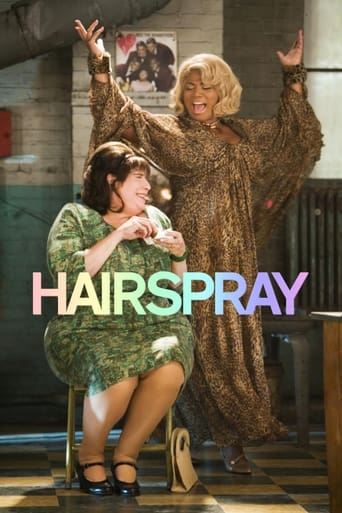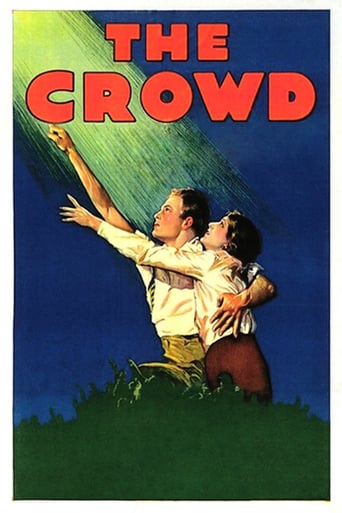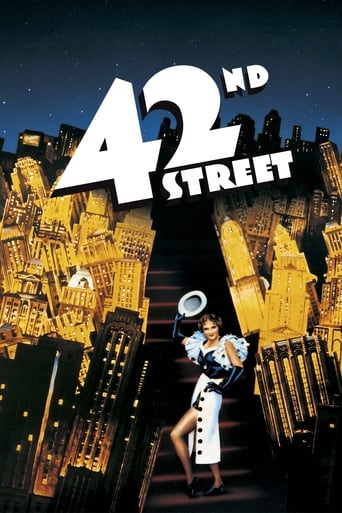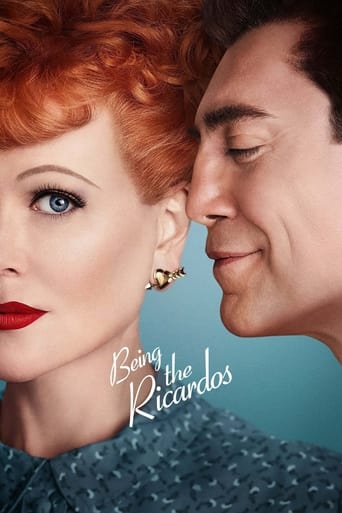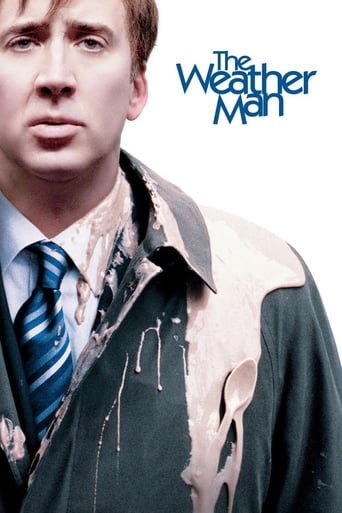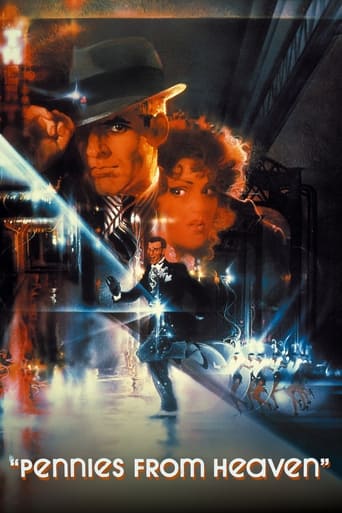
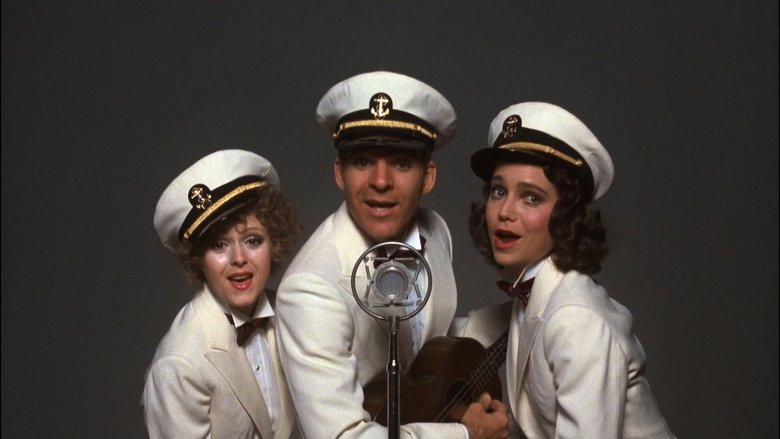
Pennies from Heaven (1981)
During the Great Depression, a sheet music salesman seeks to escape his dreary life through popular music and a love affair with an innocent school teacher.
Watch Trailer
Cast
Similar titles

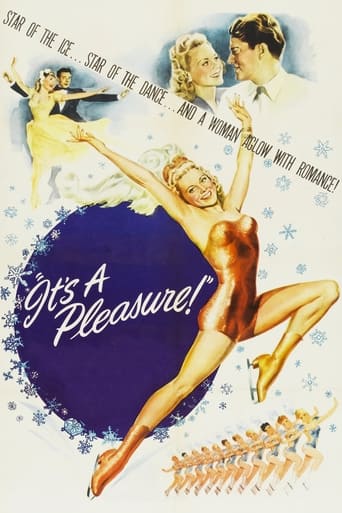
Reviews
Really Surprised!
From my favorite movies..
everything you have heard about this movie is true.
It's simply great fun, a winsome film and an occasionally over-the-top luxury fantasy that never flags.
No matter how much you may hate the depressive story, you simply have to love it for the amazing charm of its ingenious innovative qualities of producing magic by the astounding imagination of the composition of the songs and their presentation. The dreariest of humdrum worlds in the exasperating void of the American depression in Chicago in the 1930s is suddenly whisked away by a song performed like in a dream of marvellous revelation and irresistible cheer. This is cinematographic magic at its best, mixing nightmare reality with the sublimation of poetry and music, and for me the most important character of all, hitting the nail and perfecting the moody setting of the drama, is the stammering Vernel Bagneris as The Accordion Man, a very secondary inferior by-character, but his appearance in all his pathetic misery completes and perfects the poetry. This is indeed a film to watch with very mixed feelings, but the dreamworks could never be more efficient than contrasted with the worst gutter visits of reality.
No, there's nothing jolly about the plot line of this version of the classic British TV series where the characters suddenly break into the original recordings of the 1930's, lip-syncing to the original performers. While there's a lot of the music missing from the T.V. series (particularly memorable to me was a scene where the women tap-dance on the hero's coffin in a fantasy sequence to "I'll Be Glad When You're Dead, You Rascal You!"), what remains is pure musical joy even though the plot is no laughing matter. Sheet music salesman Steve Martin is depressed over the state of affairs in his marriage (to the dour Jessica Harper) so he begins an affair with sweet school teacher Bernadette Peters. But evidence points to Martin being a murdering rapist while Peters faces disgrace as a result of the affair.Yes, the depression was depressing, and in addition to Bonnie and Clyde, bread lines and chants of "Brother, Can You Spare a Dime?", there was all that wonderful music, through the movies, Broadway and radio. After being turned down for a loan, Martin and the banker suddenly kiss (in Martin's fantasy) and break into "Yes, Yes, My Baby Said Yes Yes" (a song first performed in the Eddie Cantor musical "Palmy Days") while Bernadette quiets her kiddies down with "Love is Good For Anything That Ails You", also sung in "Hit Parade of 1937". Christopher Walken is a pimp who strips to "Let's Misbehave" and Vernal Bagneris shows humanity as the tramp who sings the title song. Broadway veteran John McMartin appears briefly as Peters' boss.Another amazing highlight is the fantasy sequence where Steve and Bernadette turn into Fred and Ginger while watching "Follow the Fleet" and take over "Let's Face the Music and Dance", filmed in black and white with the two wearing the exact same outfits that Fred and Ginger were wearing. It's a magical moment in post-classic era cinema that is rare to be sure. The songs don't really move the plot along (as they aren't meant to) but represent the element of hope Martin keeps hidden away as his life falls apart. The ending is a bit jarring and unbelievable, but was probably necessary to prevent a bad word of mouth from spreading. This would certainly be a project worth considering for Broadway, but then again, with all the other movies having been musicalized, you have to say, why bother?
Christopher Walken dancing. Why this three-word pitch should compel me to look up 'Pennies from Heaven (1981),' I'm not sure, but there's no doubt that his mimed performance of "Let's Misbehave" is the film's show-stopper. Indeed, the film is full of surprises. Who, for example, could have gauged that not only is Steve Martin a competent dancer, but he's actually quite excellent? This musical, directed by Herbert Ross, was adapted by Dennis Potter from his own 1978 BBC miniseries, which I haven't yet seen. Set in Depression-era Chicago, this MGM production follows a sex-obsessed sheet music salesman who falls on hard financial times, relying on his music to remain optimistic in the face of injustice. It's an exceedingly grim tale, and the frothy musical numbers clash horribly with the murky narrative, but I nonetheless admire the filmmakers and the cast {Martin's previous starring role was in the goofball comedy 'The Jerk (1979)'} for taking part in such an audacious, offbeat project. In any case, the gamble didn't pay off, and 'Pennies from Heaven' flopped.Having seen a fair amount of 1930s musicals myself, I've come to understand how, in the midst of the Great Depression, it was endless optimism that ensured financial success. Audiences came to the cinema, not to be reminded of their financial woes, but to escape into a fantastic, glittering world of wealth and lighthearted romantic frivolity. To watch 'Top Hat (1935)' or 'Swing Time (1936),' for example, you'd never know that millions of Americans were out of work. As a counterpoint, the only vaguely-serious Astaire/Rogers musical, 'The Story of Vernon and Irene Castle (1939),' did poorly at the box-office. This is what 'Pennies from Heaven' is all about. Rather than being about how ordinary people use fantasy to escape from their daily anguish, Ross' film more specifically examines, both affectionately and critically, the vital role of art (encompassing both music and cinema) in maintaining one's hope and sanity, similar Woody Allen's 'The Purple Rose of Cairo (1985)' {both films notably utilised scenes from an Astaire/Rogers film}.What is the appeal of the Hollywood musical, anyway? Why must songs and dances be scattered regularly throughout the drama, and why would the film simply feel empty without them? The musical numbers are an emotional outlet for the film's characters, a voice-piece through which they can express feelings that they would otherwise be unable to put into words. Indeed, in this case, the songs are not even being sung by the actors themselves, but by Bing Crosby, Fred Astaire, Helen Kane and Irving Aaronson, musical performers who sing for an entire nation; they give voice to the emotions that the ordinary folk are experiencing. Every musical number in 'Pennies from Heaven' takes place in a setting somewhat displaced from reality, on the edge of the characters' tongues but never quite in the open. It's the sort of ineffectual daydream that gets nothing done, but if you can take refuge in this dreamworld, and acquire solace from a world otherwise devoid of comfort, then it's all right. If nothing else, our fantasies will always have a happy ending.
This film has so many good things in it and so much talent worked so very hard on it that it's just baffling to me that so much of it doesn't work. I love '30s and '40s musicals, and I saw this film in 1981, and I've seen it about 10 times more on DVD. I like a lot of it, but somehow it's just not a very good movie, and I still can't figure out why.The music is good. The musical numbers are creatively shot and well-executed; the Walken number alone took weeks to film. The sets, costumes, photography, and color are beautiful and give the film a real Depression feel. Clearly, no expense was spared. The actors give it their all. The re-creations of photos and paintings (including "Nighthawks" which is actually from WW2) are breathtaking. They must have been very hard to set up, light, and shoot. But, in keeping with the film's low-key style, they're not lingered on at all, and if you look away you can miss them.Is the problem Steve Martin? This choice caused some controversy in 1981. He lacked film experience and he might not have been the ideal choice, although it's hard to guess what other leading man could have done that vaudeville stuff in 1981. Martin, at least, doesn't obviously fall down on the job; the verdict is still out. But Peters, who even apart from this film seems to belong to the '30s, holds up her end of things. Maybe it's the script and the way the film is conceived. If the idea is to realize what these '30s drudges fantasize about-- and to do it in a '30s-musical style, as if they imagine themselves the heroes of musicals-- then there has to be something to the drudges that makes us care what they fantasize about. But there isn't enough to these people. They're drawn as thin types; yet the material is played very slowly, as if they were supposed to turn into real people at some point. They never do, and so by the end it all peters out (no pun intended). I also thought the subplot with the young girl was a maudlin absurdity, right out of a Mary Pickford tear-jerker. Perhaps the real problem can be traced back to the origins of the project. It plays almost like an English musical made in an American style, and it doesn't work very well. The humor in the book is too tedious, too black, and too obsessed with tit jokes to be American. And the musical numbers are too slick, loud, and overproduced to be English. The filmmakers couldn't find a way to make these two parts fit together. And so they are just jammed together over and over again. One is constantly aware of the bad fit. It just doesn't come together, but in the various parts there are still more than enough reasons to see it.



